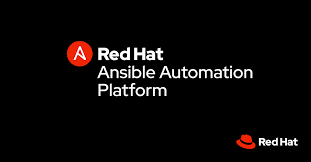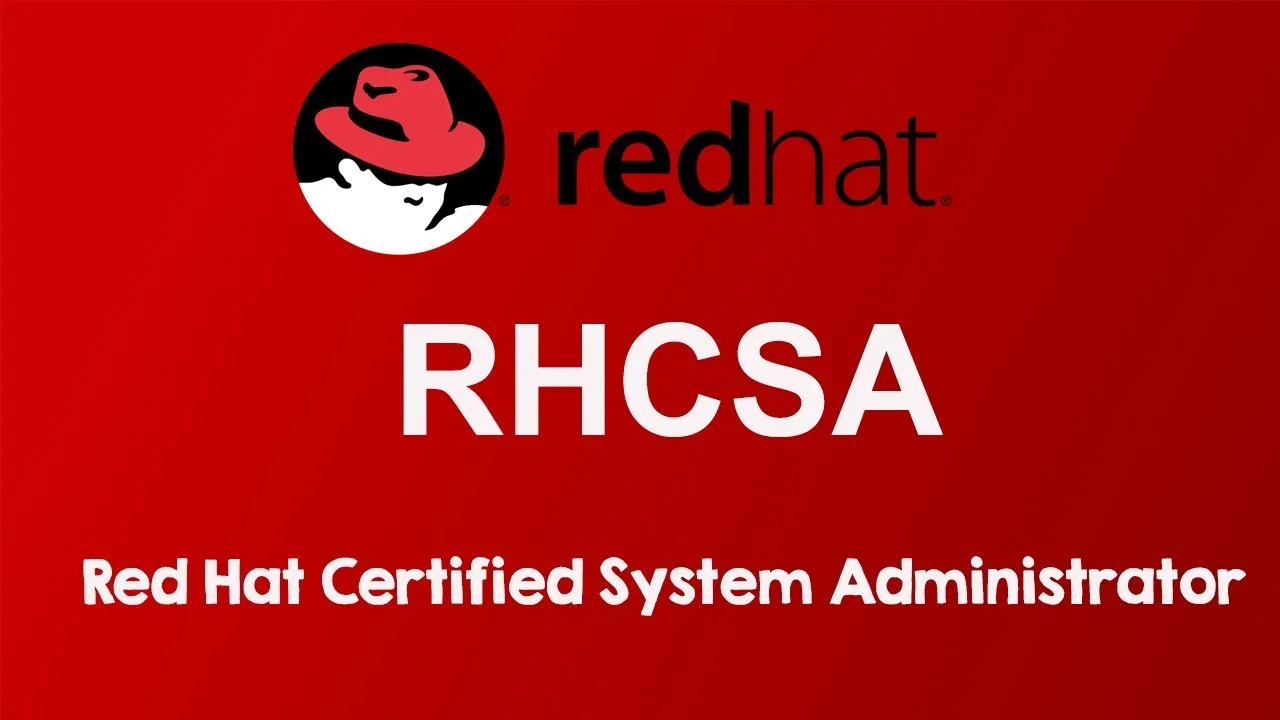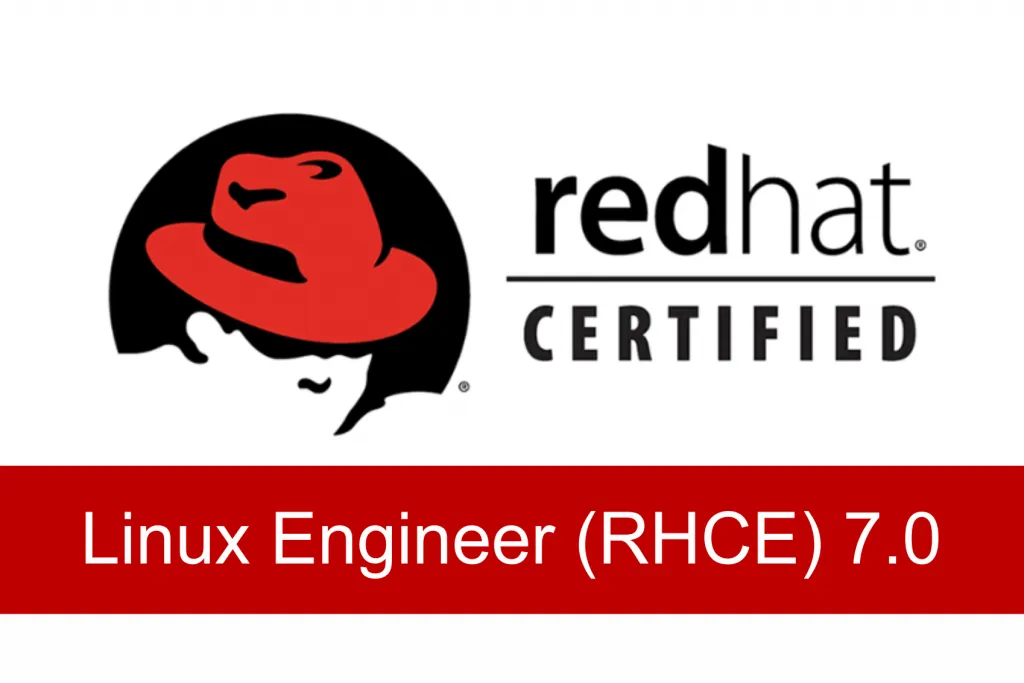For Linux administrators and developers who need to automate repetitive and error-prone processes for system provisioning, configuration, application deployment, and orchestration, SGL is pleased to offer the Red Hat Enterprise Linux Automation with Ansible (RH294) course.
Delegate who passes this course earns the Red Hat Certified Engineer (RHCE).
The Red Hat Enterprise Linux Automation with Ansible Course offers a chance to learn how to use Red Hat Ansible Automation Platform to automate Linux system management operations.
Course Expectations
Upon completion of this course, students will be able to:
• Recognize link aggregation and network port security.
• Recognize the setup of the iSCSI initiator and target.
• Recognize DNS rerouting and name server caching.
Assign SMB and NFS file servers.
• Recognize how to administer the Apache HTTPD web server.
• Recognize how to configure a MariaDB SQL database.
• Recognize the servers’ Postfix SMTP nullclient.
• Use automation using Bash scripting.
Course Outline
Introduce Ansible
- Explain the basic principles of Red Hat Ansible Automation Platform and its operation, then setup the platform.
Implement an Ansible playbook
- To automate tasks on managed hosts, make an inventory of them, construct a basic Ansible playbook, then execute the playbook.
Manage variables and facts
- Playbooks should be written with variables to make playbook administration easier and facts to provide information about managed hosts.
Implement task control
- Utilize Ansible Playbooks to manage handlers, task failures, and task control.
Deploy files to managed hosts
- Install, maintain, and modify files on Ansible-managed hosts.
Manage complex plays and playbooks
- Create playbooks that are suited for plays and playbooks that are longer and more intricate.
Simplify playbooks with roles
- Reuse Ansible code and create playbooks more rapidly by using Ansible roles.
Troubleshoot Ansible
- Manage hosts and playbooks for troubleshooting.
Automate Linux administration tasks
- Use Ansible to automate routine Linux system management chores.
Course Highlights
- Set up control nodes with the Red Hat Ansible Automation Platform.
- Maintain connections to managed hosts and create and update inventory of them.
- Use ad hoc commands and Ansible Playbooks to automate administrative operations.
- Write large-scale, impactful playbooks.
- Use Ansible Vault to safeguard private information that the Ansible Automation Platform uses.
- Use Ansible Roles and Ansible Content Collections to streamline playbook creation and reuse code.
Course Benefits
Benefits for Individual
• Increase operational efficiency by automating the removal of manual operations.
• It is simple to scale the dynamic IT infrastructure of the company.
• Quicken the application’s time to completion.
• Rapidly adjust and apply necessary innovation by utilizing DevOps methodologies.
Red Hat has designed this course with our customers’ best interests in mind, but as every business and infrastructure is different, real outcomes may differ.
Benefits for organization
By using Red Hat Ansible Automation Platform and effectively creating Ansible playbooks, you will be able to use automation first principles to address practical Linux system and services challenges. You will learn how to utilize the Ansible Automation Platform for development efficiency, automate your workflows, and lay the groundwork for DevOps approaches.
Audience
The following individuals are the target audience for this course: systems design engineers, infrastructure automation engineers, DevOps engineers, and Linux system administrators.
Providing and deploying development, testing, and production servers; automating configuration management; guaranteeing consistent and repeatable application deployment; integrating with DevOps continuous integration/continuous delivery processes
Prerequisites
- Complete the Red Hat Certified System Administrator (RHCSA) exam (EX200) or show that you have the necessary background in Red Hat Enterprise Linux.
Overview
The goal of the training is to improve the ability of IT specialists to automate challenging processes at the corporate level. It takes students deep into the Red Hat Ansible Automation Platform, walking them through the creation of playbooks, managing content collections, and setting up environments for execution.
Ansible configuration settings within the Automation Content Navigator and execution environments, playbook execution using the Automation Controller, developing Ansible playbooks with best practices, coordinating rolling updates to minimize downtime, advancing inventory management skills, teaching task execution control, emphasizing data transformation with filters and plugins, and enabling students to create and publish their own content collections and execution environments are all covered.
By the end of the course, students have mastered Red Hat Ansible Automation and are able to use the Red Hat Ansible Automation Platform to streamline and increase their automation capabilities.



